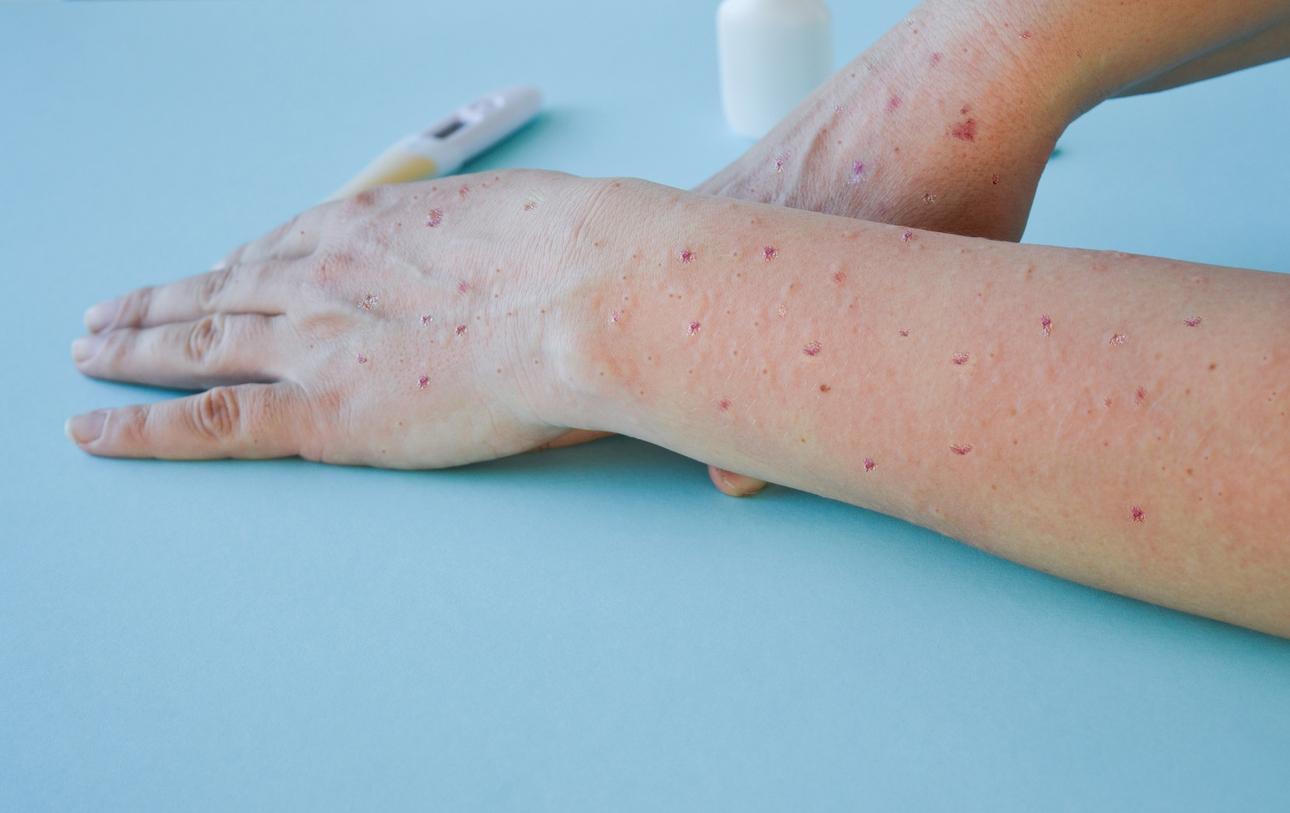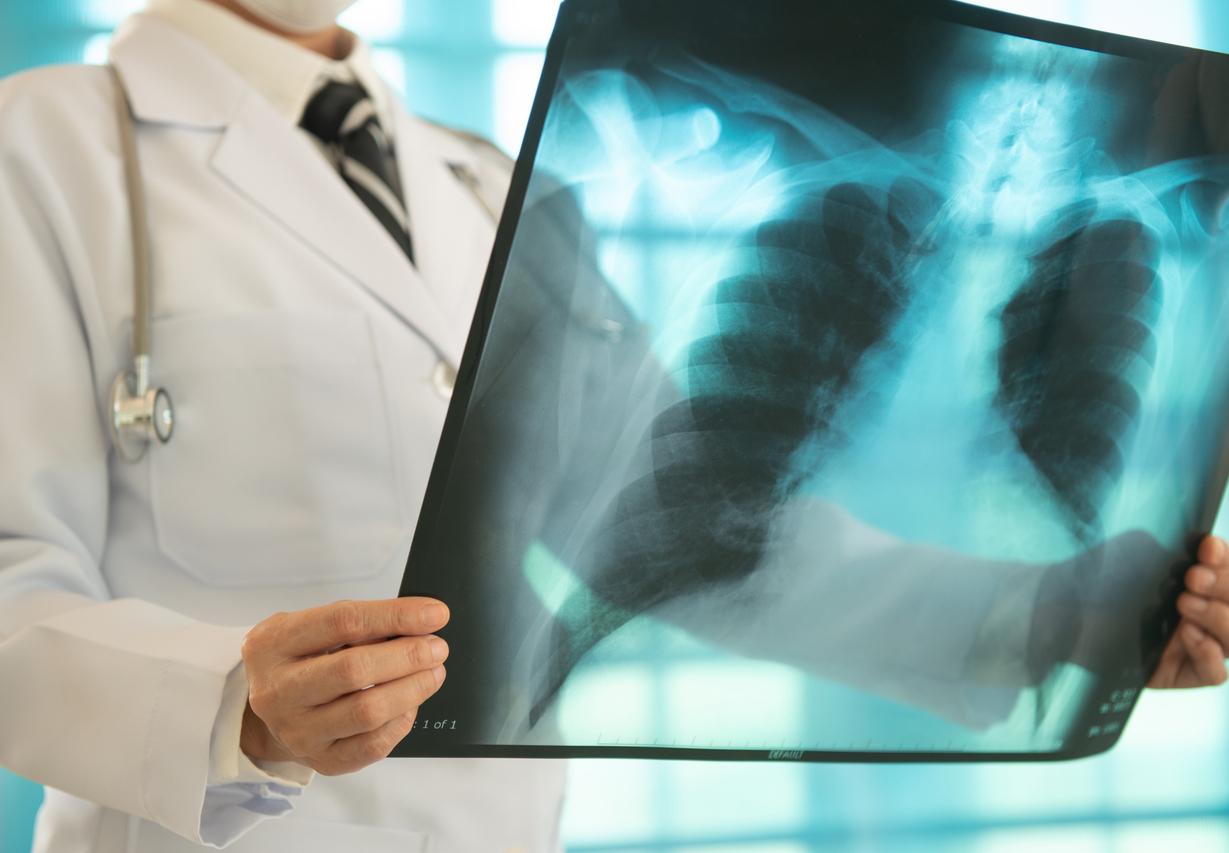Nearly 200,000 health workers travel across West and Central Africa to immunize over 116 million children against polio.

Coast to coast, Africa unites to combat the threat of polio, a highly contagious viral infection mainly affecting children. It is joint announcement from the World Health Organization (WHO) and UNICEF. And to achieve this ambitious goal, the two organizations have put in the means.
This week, more than 190,000 “vaccinators” traveled to West and Central Africa to vaccinate more than 116 million children in order to eradicate the last bastion of polio on this continent.
13 countries involved
This synchronized vaccination campaign is one of the largest ever organized in Africa. All children under 5 who live in the following 13 countries – Benin, Cameroon, Côte d’Ivoire, Guinea, Liberia, Mali, Mauritania, Niger, Nigeria, Central African Republic, Democratic Republic of Congo, Sierra Leone and Chad – were simultaneously vaccinated. The objective, to strengthen the immunity of children against polio on a continental scale.
The WHO recalls in fact that it has not been taken for granted. In August 2016, four children were paralyzed by this disease in insecure areas of Borno State, in northeastern Nigeria. This is generally considered to be the last place in Africa where the virus remains implanted.
“20 years ago, Nelson Mandela launched the pan-African ‘Kick polio out of Africa’ campaign,” said Dr Matshidiso Moeti, WHO Regional Director for Africa. “At that time, polio was endemic in every country on the continent and each year this terrible disease paralyzed more than 75,000 children for the rest of their lives.”
Areas remain poorly protected
But thanks to the efforts of governments, communities, parents and health workers, the situation has changed a lot. Polio is now being fought in its last reservoir. Dr Matshidiso Moeti warns, however, that this progress is fragile, given the epidemic potential of the virus. “Although confined to a proportionately small region of the continent, experts warned that the virus could easily spread in poorly protected areas of neighboring countries,” he explains.
This is notably the case in 5 countries in the Lake Chad Basin – Cameroon, Niger, Nigeria, Central African Republic and Chad – where governments have declared the outbreak of cases a “regional public health emergency” .
To avoid this scenario, volunteers therefore brought the bivalent oral polio vaccine (bOPV) to every house in every town, big or small, and every village in the 13 countries involved. A difficult mission since these health workers worked up to 12 hours a day, moving on foot or by bicycle, often in suffocating humidity and with temperatures exceeding 40 ° C.
Symptoms of infection
Polio is a highly contagious viral infection that mainly affects children. The virus is spread through contaminated food or water. After multiplying in the intestine, it invades the nervous system.
In many cases, the infection remains asymptomatic, but affected individuals still shed the virus in their faeces and can therefore spread polio to others.
The initial symptoms are fever, fatigue, headache, vomiting, stiff neck and pain in the limbs. In a small number of cases, polio causes paralysis, often permanent. Vaccination is the only means of prevention.
.















